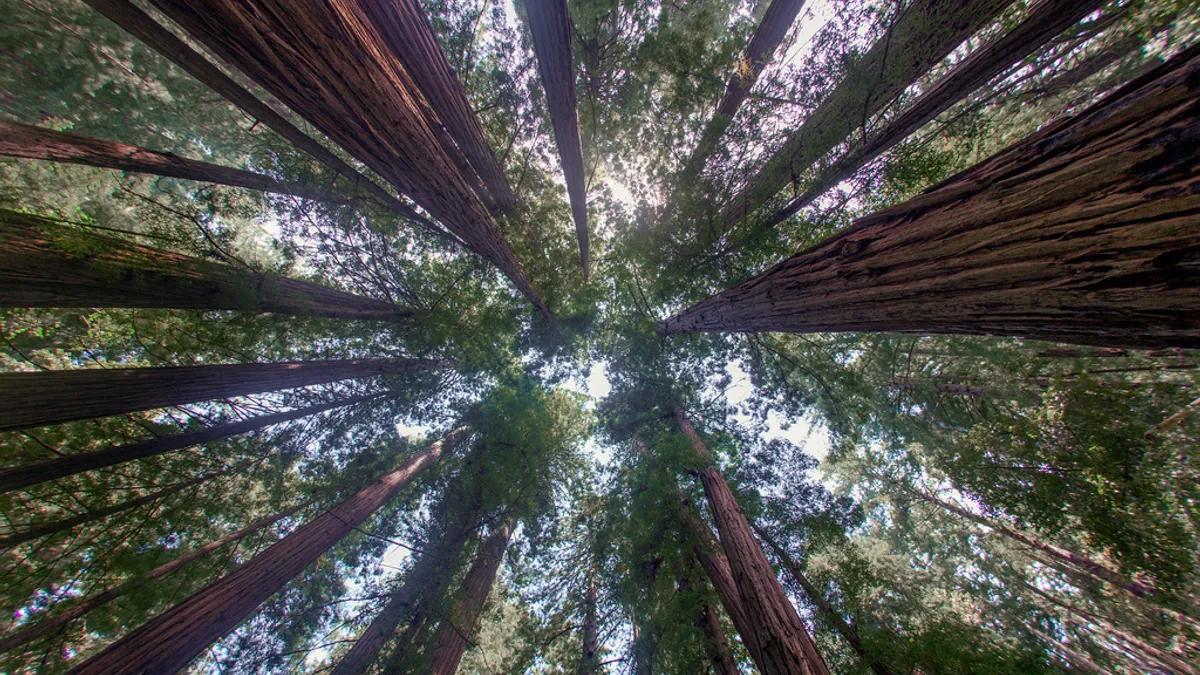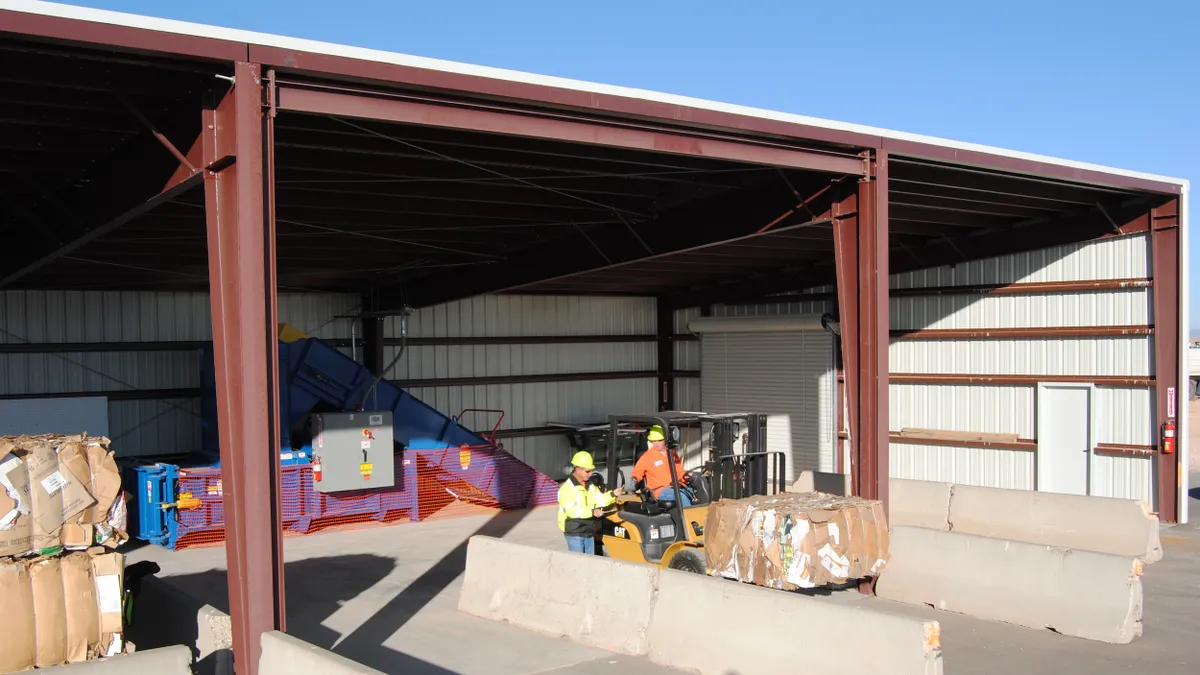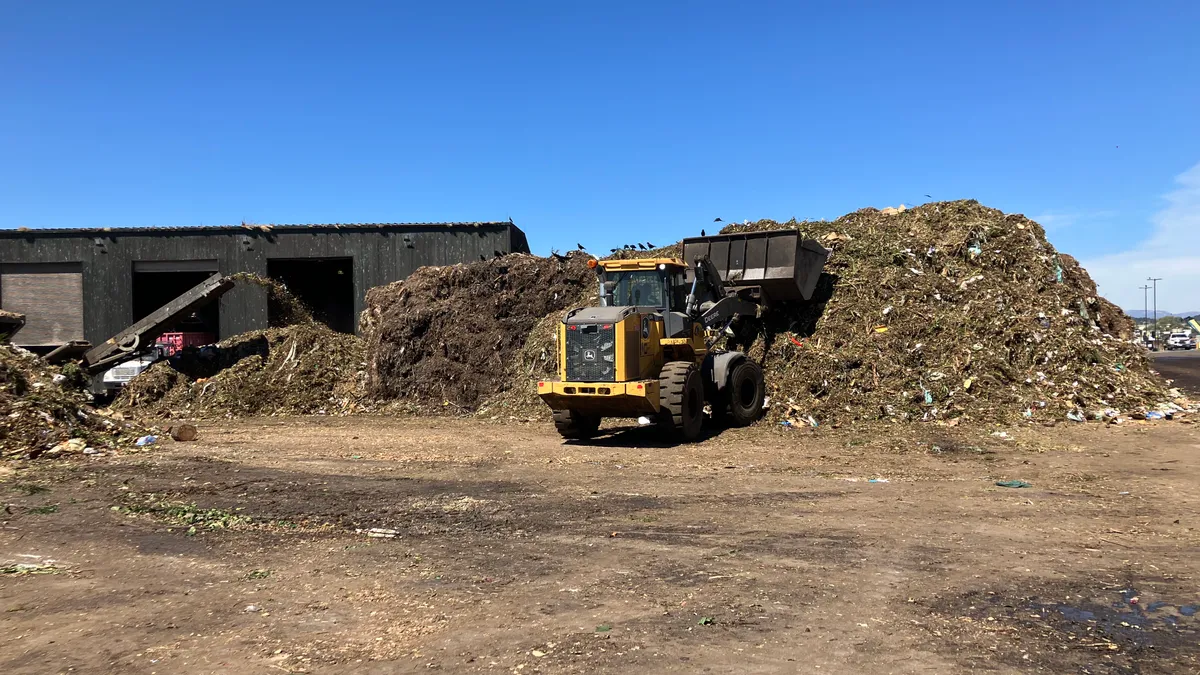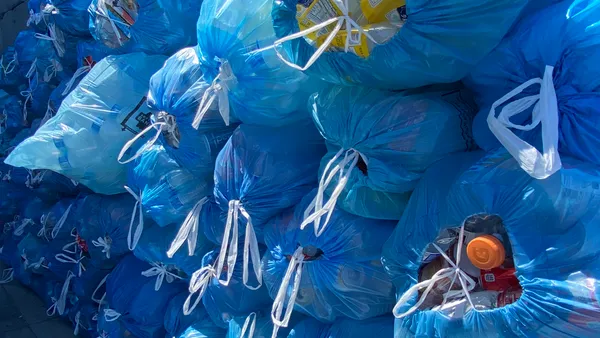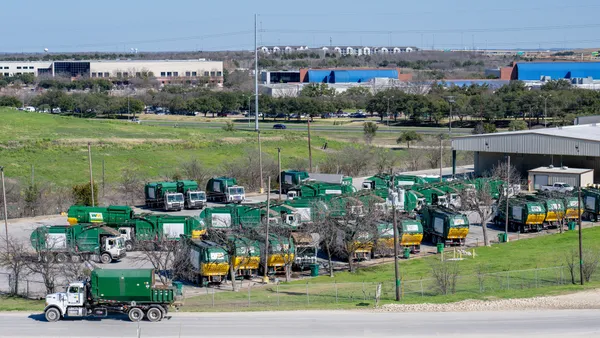Dive Brief:
- A bill passed by the California State Legislature in August is expected to help the state's struggling biomass facilities and has been warmly received by industry representatives, as reported by Construction & Demolition Recycling.
- The bill would require the state's largest utilities to get 125 megawatts (MW) of biomass power from dead trees in high hazard forested zones. The California Public Utilities Commission has also placed a 50 MW requirement on the state’s three largest investor-owned utilities.
- Governor Jerry Brown is expected to sign the bill into law by a Sept. 30 deadline. Utilities would have to meet the requirement by Dec. 1.
Dive Insight:
Six biomass plants have closed in the state over the past two years at the same time as tens of millions dead trees need to be disposed after wildfires. Mobile incinerators were seen as one solution to the problem, but much of the material is still being sent to landfills. Biomass industry representatives say incentives for wind and solar have hurt business. While they applauded this new bill, they also said more incentives were needed for agricultural and organic waste.
"The key here is this is the beginning of a conversation. This win is wonderful, but it really needs to be the beginning not the end of the conversation of biomass infrastructure as part of organics management in California," said Julee Malinowski-Ball, executive director of the California Biomass Energy Alliance, as reported in Construction & Demolition Recycling.
New programs and facilities for organics are still opening in California, though a more rapid expansion may be needed for the state to reach its goal of a 75% waste diversion rate by 2020.



